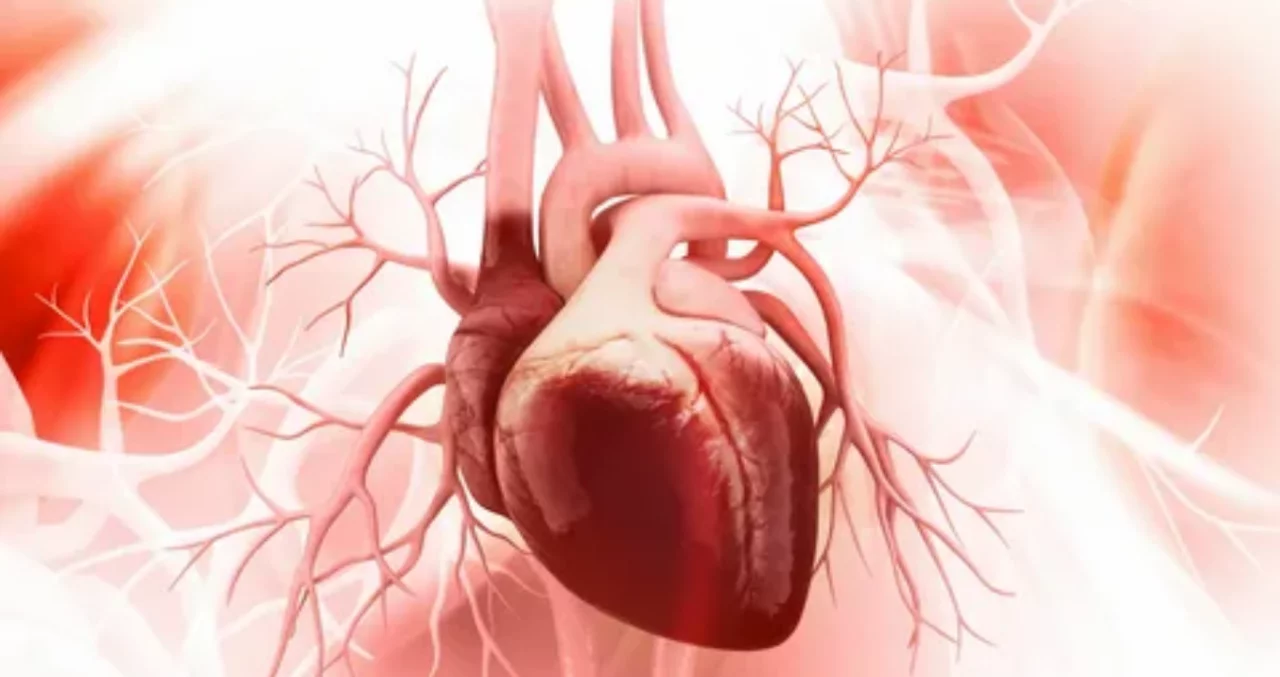If fat accumulates in the heart, constant headaches may occur

Neglecting heart health can be costly — experts emphasize that fat accumulation in the heart (fatty myocardium) can lead to severe symptoms such as headaches and shortness of breath.
According to cardiologist Anastasia Ivanitskaya, an increase in fat cells in the heart is a serious condition that disrupts the normal functions of myocardial tissues. This gradually leads to a loss of elasticity in the heart muscles, increased blood pressure, and disturbances in heart rhythm.
“At first, the patient may experience headaches, decreased physical endurance, shortness of breath, and discomfort in the heart area. Over time, the condition worsens, leading to swelling in the limbs, fluid buildup in the abdominal cavity (ascites), tachycardia or bradycardia,” says the doctor.
Fat accumulation in the myocardium means excess fat builds up inside heart cells (cardiomyocytes). These changes negatively affect not only the heart's mechanical activity but also its electrophysiological functions, leading to various arrhythmias.
Therefore, fatty myocardial degeneration causes not only heart failure but also disrupts gas exchange throughout the body. This further intensifies fatigue, weakness, and shortness of breath.
Fat accumulation in the heart can be prevented. To do this, it is necessary to:
- Engage in regular physical activity (daily walking, jogging, or light exercises);
- Follow a balanced and proper diet (avoid fatty and fast foods);
- Protect yourself from stress and get enough sleep;
- Undergo regular medical checkups.
Experts recommend monitoring heart function and consulting a doctor even at the slightest sign of symptoms. A timely diagnosis can save a life. Read “Zamin” on Telegram!
Ctrl
Enter
Found a mistake?
Select the phrase and press Ctrl+Enter 












